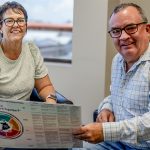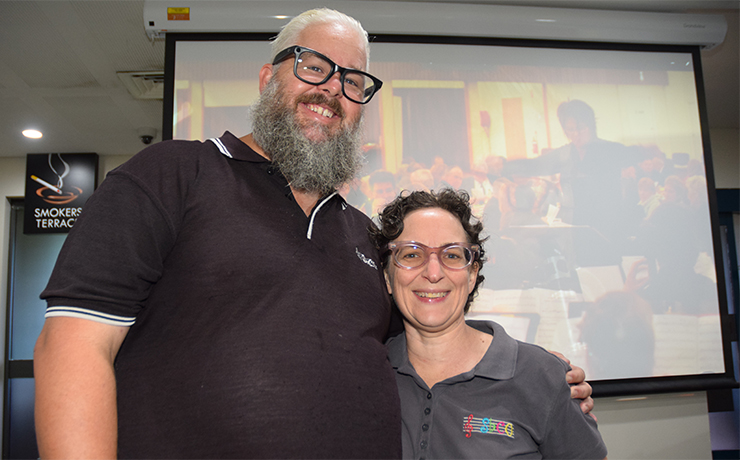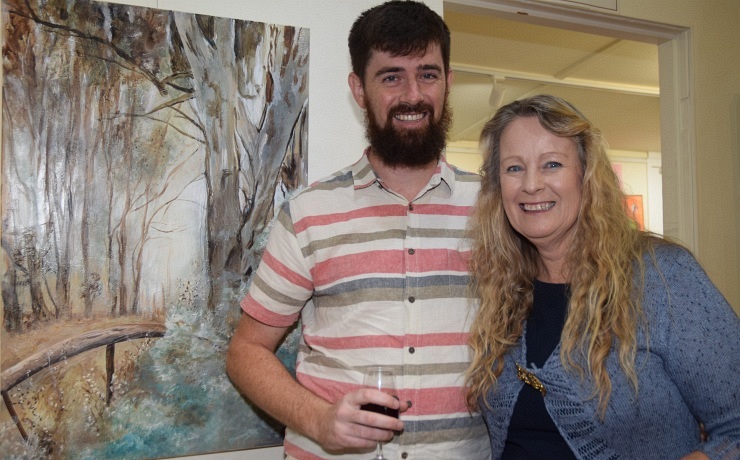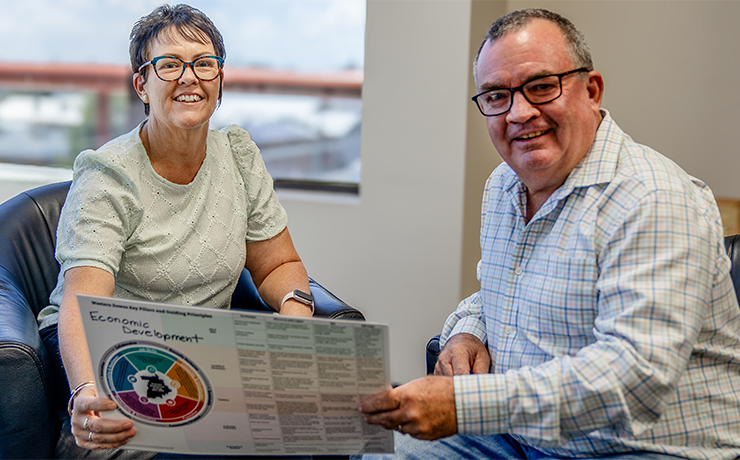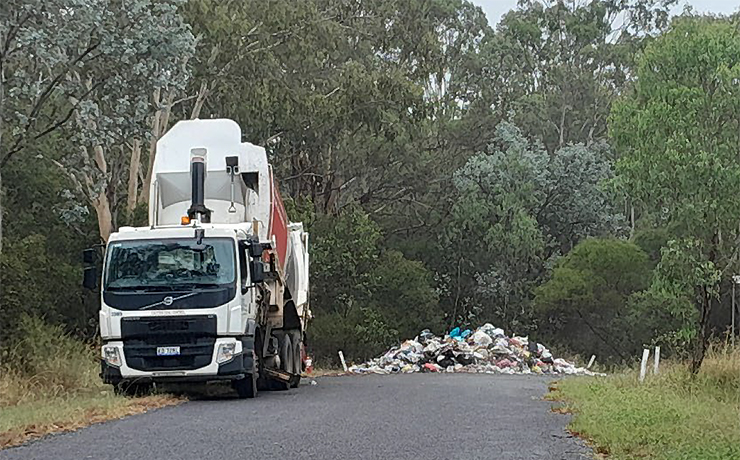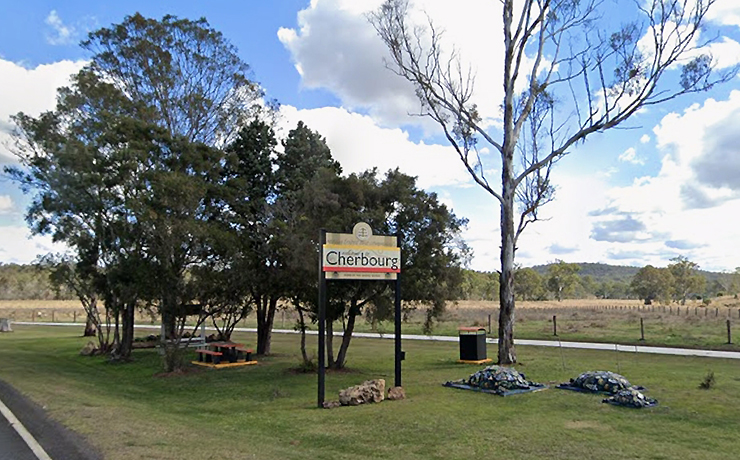
Next year has been designated the Year of Indigenous Tourism in Queensland.
Premier Annastacia Palaszczuk made the announcement in front of a packed audience at the Queensland Tourism Awards on the Sunshine Coast.
This follows the success of this year’s record-breaking Year of Outback Tourism campaign.
“Aboriginal and Torres Strait Islander peoples have been proudly practicing and preserving their cultures by sharing it with the next generation for tens of thousands of years,” the Premier said.
“In recent times, their culture and stories have been an integral part of our tourism industry, attracting people from all around the world to learn and experience more about the world’s oldest living cultures.
“During the last financial year almost half a million visitors to Queensland took part in First Nations experiences like visiting an Aboriginal art gallery or festival, visiting an Aboriginal cultural site or community or taking a tour with an Indigenous guide or ranger.
“More tourists than ever before want a cultural experience when they travel and Queensland is perfectly placed to capitalise on that demand.
“That’s why we’re also committing $3.4 million over the next two years to create tourism jobs for Indigenous Queenslanders and to position the State as the nation’s leader in Indigenous tourism.”
Tourism Industry Development Minister Kate Jones said the 2019 Year of Outback Tourism campaign smashed records and she was excited for what’s in store in 2020.
She said more than one million tourists visited the bush and spent a record $724 million during the last financial year.
“This was a dedicated campaign to encourage more visitors to the outback and to support our regions doing it tough due to the long-running drought, and it worked,” she said.
“The Year of the Outback Tourism has been so successful, we are extending the initiative into 2020 with even more events being delivered to showcase our extraordinary outback destinations and support rural and remote communities.”












